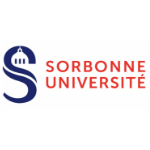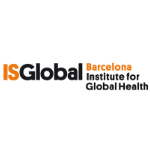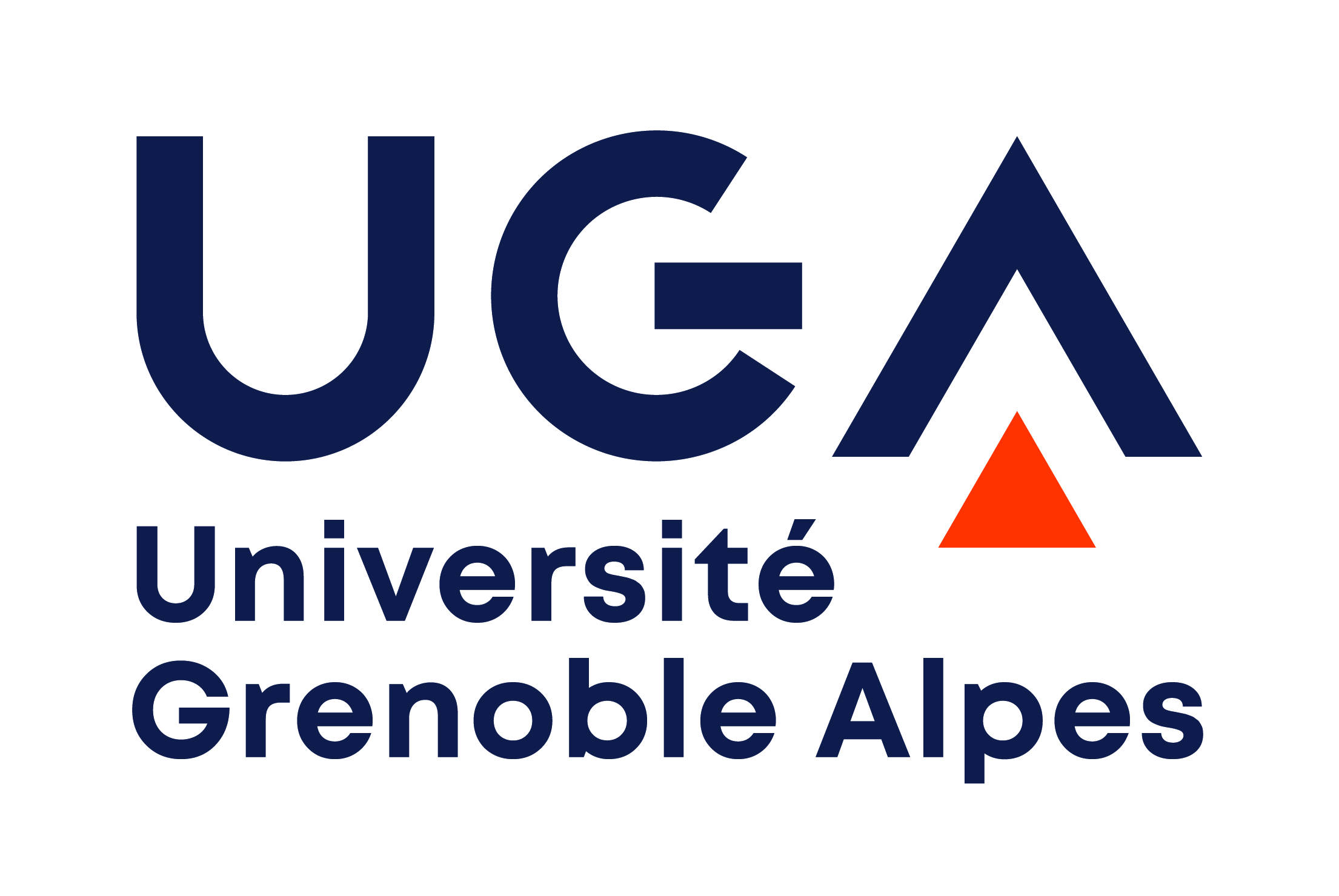Breathing new life into treatment for patients with asthma and allergic rhinitis
POLLAR is a ground-breaking new exploration of the impact of pollution on these common respiratory conditions.
Anyone who’s ever experienced a respiratory allergy, such as asthma or hay fever, will know these can be exceptionally uncomfortable conditions that can restrict a person’s quality of life. And in severe cases, some allergic conditions can be life-threatening.
The number of people impacted by these conditions is staggering – 100 million people in the EU are affected by allergic rhinitis (AR, the clinical term for hay fever). This has a huge impact on work productivity, such as time lost through absenteeism, which costs EU businesses between €30bn and €50bn every year. Meanwhile, rising air pollution and its potential to increase AR severity is a further cause for concern.
Project POLLAR aims to evaluate the links between AR, sleep and work and the negative impact of air quality. The study aims to help improve preventative and treatment strategies for patients across Europe.
Building breakthrough tracking software
POLLAR is creating innovative software that fuses patient data, air pollution levels and machine learning technology. The software will produce vital insights about how AR and asthma are aggravated by pollution and uncover its impact on work and productivity. In addition, new app capabilities will capture information about sleep for the first time.
The team’s research ultimately aims to improve how treatment is managed – both globally and on an individual basis.
The POLLAR project makes use of the mobile app Allergy Diary, which enables people with asthma and AR to record the impact of their condition on their daily lives. There are currently 17,000 people using the app across 23 countries, but POLLAR aims to reach 100,000 users to build a more detailed picture.
POLLAR also monitors the allergy season and fluctuating air pollution levels using a new tool derived from Google Trends to understand how these conditions can become aggravated by pollutants. Artificial intelligence and cognitive computing, provided by digital healthcare specialist Neogia, will digest the masses of data to generate accurate insights. These will be the basis for practical action to enhance patients’ lives and reduce absenteeism by informing interventions to reduce symptoms and improve sleep.
Connecting a powerhouse of healthcare experts
EIT Health awarded €2m to KYomed INNOV, which develops digital tools in healthcare, and connected it to EIT Health’s vast network of innovators to bring this complex and vital piece of work to life.
The project is being driven by world-leading specialist on respiratory diseases, Professor Jean Bousquet, and it’s led by Bull – an EIT Health partner and member of the Living Lab Santé Autonomie – which is hosting the technology platform.
Other partners include:
- France’s Sorbonne Université (ex UPMC) provide pollution technology
- Université Grenoble Alpes (UGA) will collect and analyse sleep data
- IS Global for data analysis
- Forum of Living Labs’ National Center of Expertise in Cognitive Stimulation (CEN STIMCO) will provide data analysis support
- AQuAS, the Catalan Agency for Health Information, Assessment and Research, will support in pollution regulation
Members

CLC/InnoStars: France
Partner classification: Education, Research, Tech Transfer, Clusters, Other NGOs, Hospital / University Hospital
Partner type: Core Partner
Sorbonne University is a multidisciplinary, research-intensive and world-class academic institution. Firmly rooted in the heart of Paris, it is committed to the success of its students and devoted to meeting the scientific challenges of the 21st century. Sorbonne Université is a multidisciplinary research university created on January 1st 2018 by the merging of the Universities Paris-Sorbonne and Pierre et Marie Curie. It is made of three faculties, in Sciences, Medicine and Humanities, and trains 54,000 students, among who 4,700 PhD students and 10,200 international students.
Sorbonne Université (ex UPMC)
Sorbonne Université (ex UPMC), 4 Place Jussieu, 75005 Paris, France
Key Activities in Corporate Innovation
Med Tech, ICT, Diagnostics, Imaging
Key Activities in Social Innovation
Healthcare provision
Key Activities in Business Creation
Incubation, Technology Transfer
Key Activities in Education
Entrepreneurship training, Technical faculties, Medical faculties, Healthcare professional education/training


CLC/InnoStars: Spain
Partner classification: Research
Partner type: Linked/Affiliated Party
Fundación privada Instituto de Salud Global Barcelona (ISGLOBAL)
Fundación privada Instituto de Salud Global Barcelona (ISGLOBAL), Carrer del Rosselló, 132, 08036 Barcelona, Spain
Key Activities in Business Creation
Testing & Validation
Key Activities in Education
Medical faculties, Healthcare professional education/training


CLC/InnoStars: France
Partner classification: Education, Research, Tech Transfer, Clusters, Other NGOs
The UGA in Grenoble is a leading University of Science Technology and Health. Within 80 multidisciplinary laboratories, the UGA is developing outstanding research at national and international level. The UGA offers a wide range of training courses, from bachelor to doctorate, in close connection with the socio-professional environment to promote the integration of its students.
Université Grenoble Alpes (UGA)
621 Avenue Centrale, 38400 Saint-Martin-d'Hères
Key Activities in Research and Developement
Biomedical engineering, Life science, Social sciences /health economics
Key Activities in Corporate Innovation
Pharma, Med Tech, ICT, Diagnostics, Imaging, Nutricion
Key Activities in Business Creation
Incubation, Technology Transfer, Business coaching
Key Activities in Education
Entrepreneurship training, Technical faculties, Medical faculties, Healthcare professional education/training

News
Read the latest on our projects and find opinion from thought leaders in our network.
Events
Take a look at what’s coming up in the EIT Health calendar. Find student days, start-up and SME events, and more.
Spotlight
Meet the people behind some of our most exciting work and find out from patients and healthcare professionals how they are benefitting.